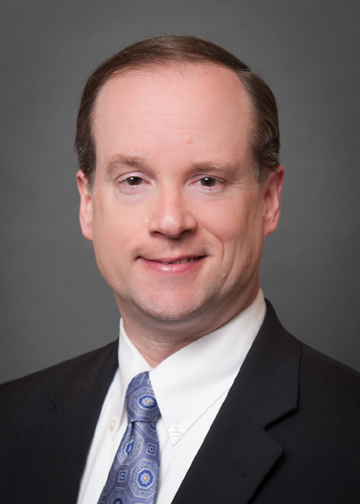However complicated you want to try to make it, the concept of free speech does not contain the right to shut other people up. Unfortunately, there is an entire movement of political activists right now who would not only disagree with my assertion but would seek to keep me from saying it, in a variety of contexts.
For example, say I was not arguing this in a column but was instead attending a public forum at a University of North Carolina campus. If I was standing in line at the microphone, waiting my turn with other participants to say my piece to the audience, there are plenty of students and professors who would feel entitled to shout me down.
Don’t believe me? I have evidence. A couple of weeks ago, a small group of students disrupted a public forum at UNC-Chapel Hill and, ignoring the moderator and other students waiting their turn to speak, issued a list of absurd demands. Something similar happened last week at a meeting of the UNC Board of Governors, where a group of professors began shouting demands that included the ouster of incoming system president Margaret Spellings.
There’s another setting in which political activists might seek to limit my freedom of speech. Say that, instead of attending a public forum, I sought to express myself by creating a company to publish a book or produce a documentary on the First Amendment. Let’s further say that my work included criticism of a politician for his or her stance on the First Amendment. If I sought to release my work while the politician was seeking election, many activists would think it proper for the federal government to prevent me from doing so.
This is not really a hypothetical, either. It’s the very subject of the Citizens United case. During the 2008 Democratic primaries, a conservative group named Citizens United wanted to release a film critical of Hillary Clinton and advertise its release on television. A federal law said it couldn’t. After the fact, the U.S. Supreme Court struck down that law. Ever since, liberal politicians and activists have fumed about the decision. They promise to amend the free speech clause of the First Amendment to reinstate the original restriction.
Finally, let’s say that instead of starting my own company to produce print and broadcast content about free speech, I decided to contribute money to a preexisting group planning to do same, including content to be released during election campaigns. While I would not be directly speaking myself in this scenario, the free speech clause of the constitution does not specify how political expression may be conducted. We are entirely free to band together with other like-minded individuals and pool our resources to reach a larger audience with a common message.
Again, however, there are plenty of activists who think there is no such right — that the individual right to speak, publish, or broadcast disappears when individuals join together in corporations or other groups. They are quite unhinged on the subject, in my experience, as they insist that because corporations are inanimate contractual relationships, they have no constitutional rights.
Even my seven-year-old stepdaughter understands when I say that her school put on a wonderful Christmas play, I don’t mean the building itself stood up on mechanical legs and began singing “Away in a Manger.” I obviously mean that the teachers and students in the school have put on the play. To say Citizens United, the NAACP, or the Catholic Church exercises free-speech rights is obviously to say that the human beings who form, sustain, and operate these organizations are exercising these rights.
Interestingly, few of these zealots have tried to argue that media outlets such as newspapers lack freedom of expression. They don’t deny that editors have the authority to choose which letters or columns to run on editorial pages, or that the First Amendment applies to newspapers owned by corporations.
I suppose I should stop speaking now. I don’t want to give them any ideas.
John Locke Foundation chairman John Hood is the author of Catalyst: Jim Martin and the Rise of North Carolina Republicans.


